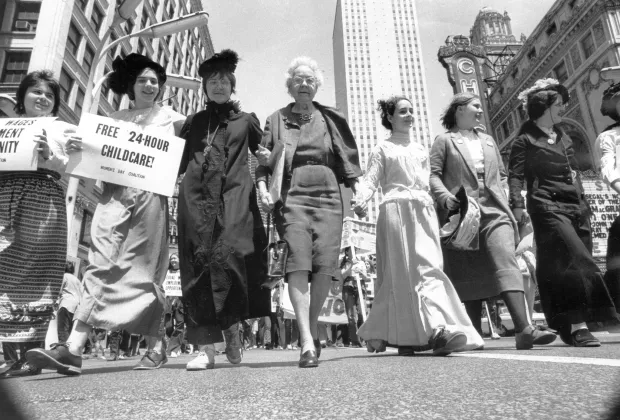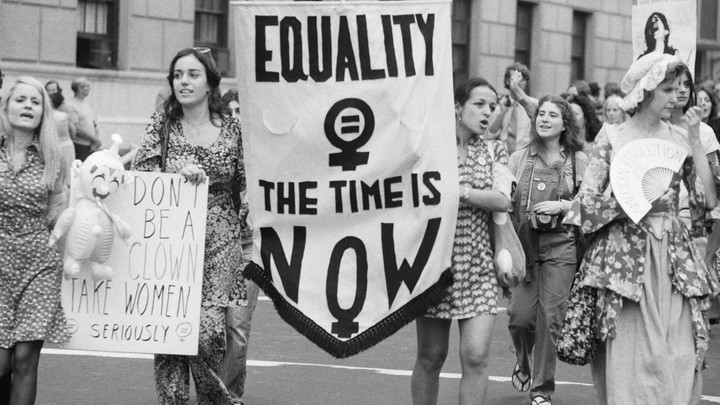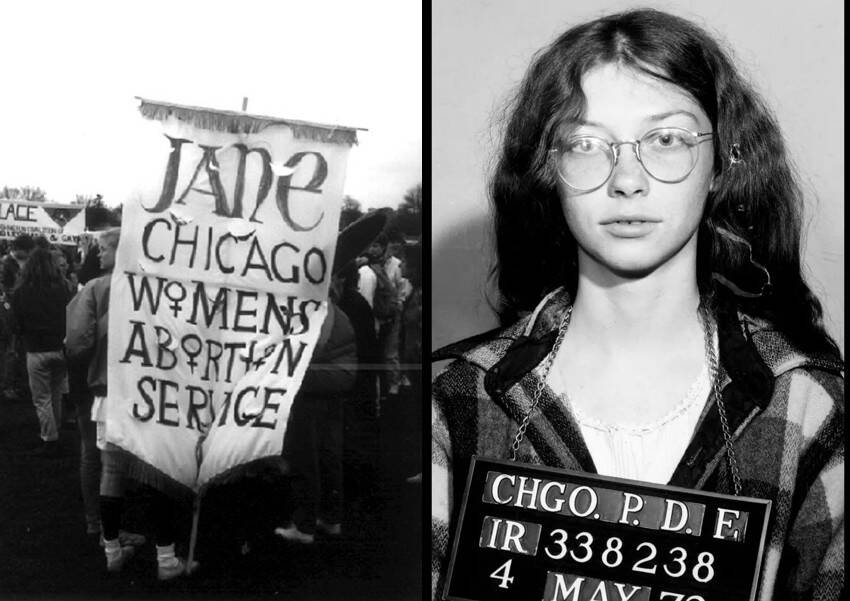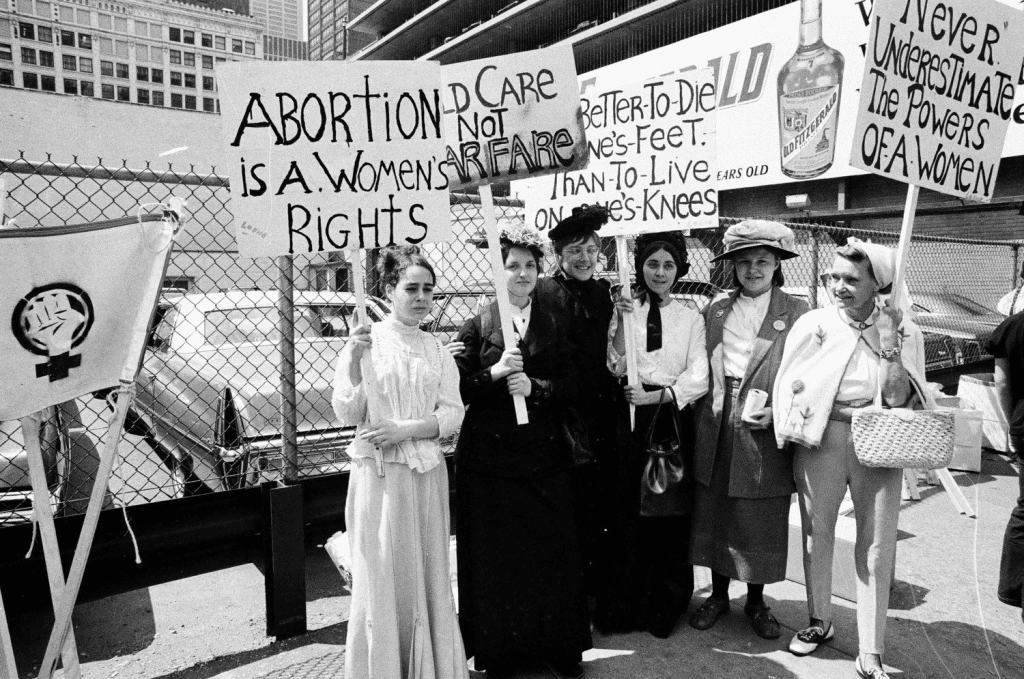Between 1969 and 1973, in a time when abortion was illegal across much of the United States, a courageous underground group in Chicago known as “Jane” risked everything to help thousands of low-income women access safe, affordable abortions. Operating in secrecy, Jane became a vital lifeline for women who faced limited options and often resorted to unsafe, dangerous methods. Their work was a powerful act of defiance and a testament to the resilience of women fighting for reproductive rights.

A Time of Fear and Injustice
Before Roe v. Wade legalized abortion in 1973, it was criminalized in most states. For many women, especially those of low-income or marginalized communities, this meant having few safe or affordable options. Wealthier women could travel to places where abortion was legal, but for most, the alternatives were unsafe and costly. The criminalization of abortion disproportionately affected women of color and those in poverty, putting their health and lives at risk.

The Birth of Jane
The Jane collective began when Heather Booth, a young social worker, helped a friend obtain an abortion in 1969 after struggling to find a safe option. Booth’s act of compassion soon led her to establish a network to help other women access abortions. What began with referrals quickly grew into a full underground operation. Jane members arranged for safe procedures, provided transportation, and eventually trained women in the network to perform abortions themselves, making the procedure more affordable and accessible.
Video:
Jane Collective – HD 2018
Operating in Secrecy
The women of Jane operated in secrecy, using aliases and coded language to protect their identities. They knew the risks they were committing a felony, and exposure could lead to imprisonment. Despite the danger, they continued their work, believing in the right of every woman to have access to a safe abortion. Jane not only provided medical care but also emotional support to the women they helped, becoming a lifeline for those in need.

The End of Jane and Its Legacy
By 1973, Roe v. Wade legalized abortion nationwide, and Jane’s underground network was no longer necessary. The group disbanded, but their impact on the reproductive rights movement was profound. They demonstrated that grassroots movements could step in when legal systems failed to protect women’s health. Their courage set a powerful precedent for future generations of reproductive rights advocates.
Video:
The Jane Collective: The Underground Abortion Service
A Legacy of Courage and Resilience
The story of Jane is one of quiet but monumental defiance. The women of Jane proved that even in the face of adversity, collective action could change lives and society. Their bravery saved lives, provided safe care, and contributed to the reproductive justice movement that continues today. The work done by Jane laid the foundation for future efforts to ensure women’s right to choose and access safe, affordable healthcare.

Conclusion
The legacy of Jane remains a powerful reminder of the importance of protecting women’s rights, especially in reproductive healthcare. Their actions were more than just providing a service they were about creating change and breaking down barriers. Jane’s story continues to inspire those who fight for justice and equality, showing that no matter the legal obstacles, women will always fight for their right to control their bodies and futures.


